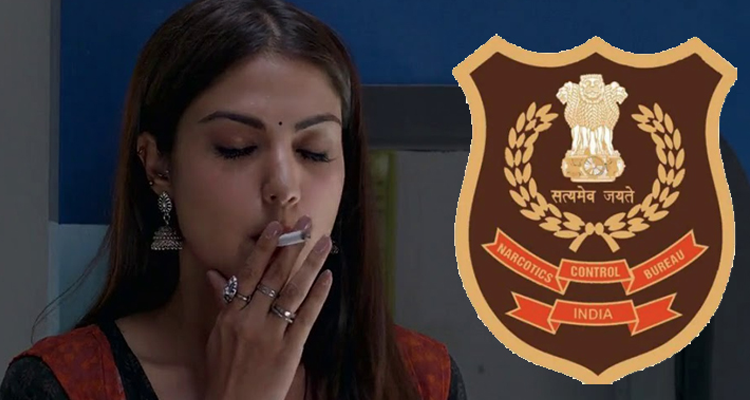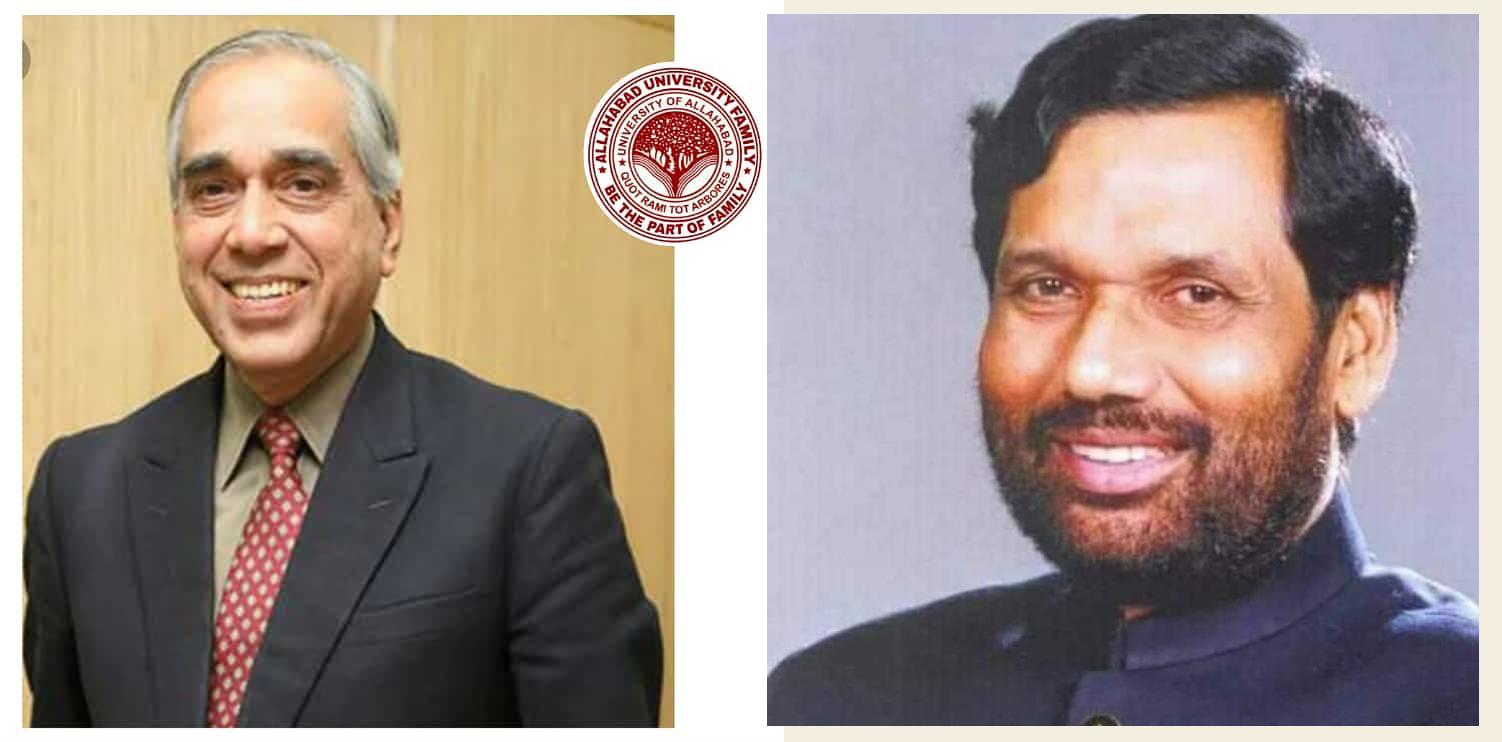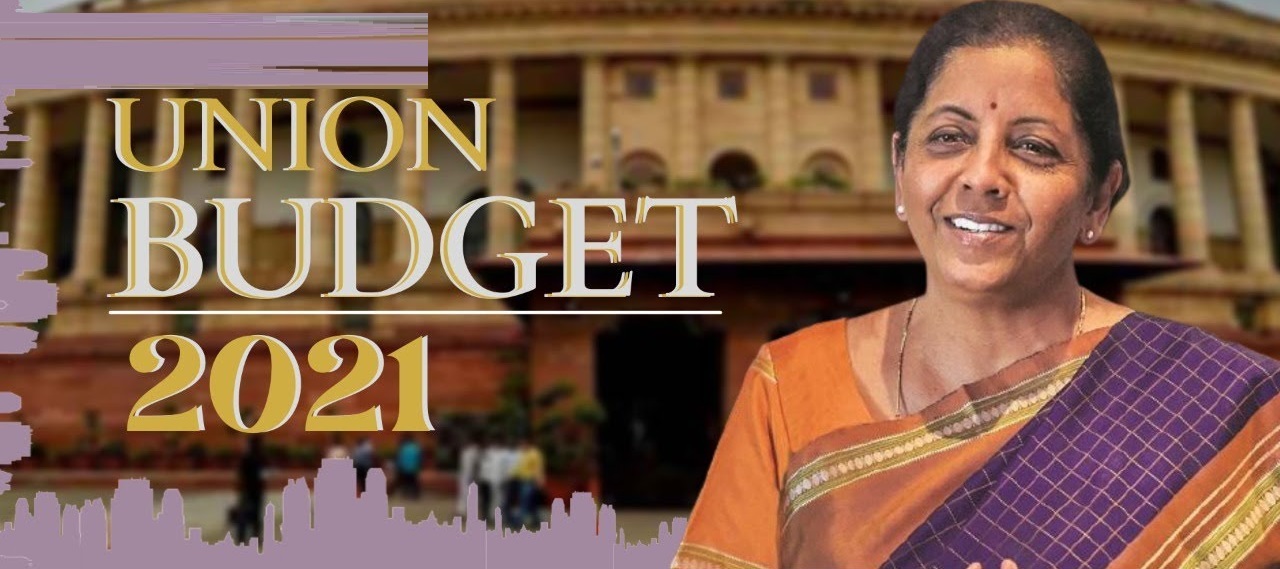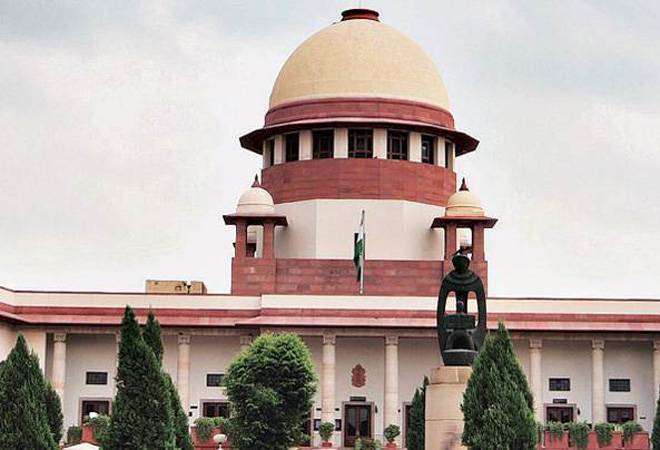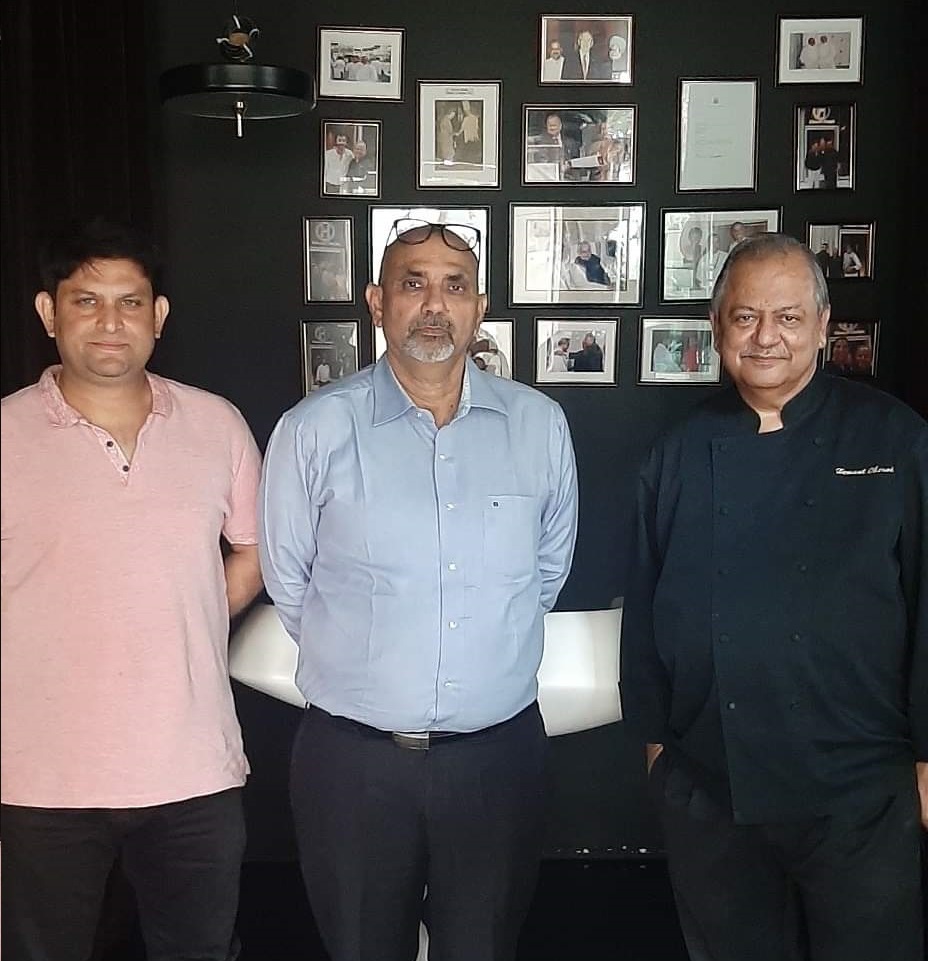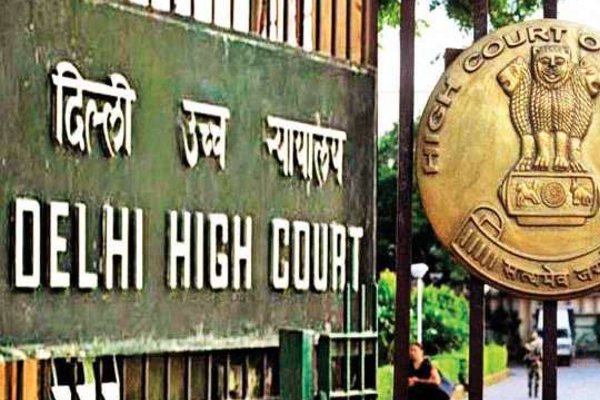
Can Foreigners live in India ?
The family of a Bangladeshi national who was detained at IGI airport filed a habeas corpus petition, which the court denied.
The petition claimed that the individual had obtained an Indian passport through deception.
In Kinadhan Chakma v. Union of India and Ors, the Delhi High Court declared that a foreign national can not assert a right to reside or establish in India under Article 19(1)(e) of the Constitution.
The right to life and liberty guaranteed by Article 21 of the Indian Constitution is the only set of fundamental rights that apply to foreigners or those suspected of being foreigners, according to a Division Bench comprising Justices Suresh Kumar Kait and Manoj Jain.
It should be noted that Article 19 (1) (e) of the Indian Constitution prohibits foreign nationals from claiming they have the right to live and settle in India. The Court stated, "The fundamental right for life and liberty, as stated in Article 21 of the Indian Constitution, is the only one that applies to any such foreigner or suspected foreigner.
The Bench also referred to the 1955 judgement of the Supreme Court in Hans Muller of Nurenburg v Superintendent, Presidency Jail, Calcutta wherein the apex court had observed that “the power of the Government of India to expel foreigners is absolute and unlimited and there is no provision in the Constitution fettering such discretion”.
As a result, the court denied the family's request for habeas corpus after Azal Chakma, a suspected national of Bangladesh, was detained in October 2022 at Delhi's Indira Gandhi International Airport (IGI Airport).
He was accused of using a Bangladeshi passport to enter India in the past but subsequently obtained Indian documents—including his passport—by deception. The passport was eventually canceled by Indian officials.
Chakma's movements have been restricted, according to Section 3 (2) (e) of the Foreigners Act of 1946 read with Section 11 (2) of the Foreigners Order of 1948, it was informed to the Court.
The Bangladeshi High Commission had already provided travel permits for Chakma's return, and the authorities would deport him as soon as they received a confirmed airline ticket from the Bangladeshi Embassy, the Bench was informed.
After reviewing the case, the Court found that there was no evidence to suggest that Chakma was being held illegally and that, given he had fled the country using a Bangladeshi passport, he alone should be held accountable for his suffering.
The Court denied the petition as a result.
Your free access to Supreme Law News has expired
For further details contact:
Dr. Ajay Kummar Pandey
( LLM, MBA, (UK), PhD, AIMA, AFAI, PHD Chamber, ICTC, PCI, FCC, DFC, PPL, MNP, BNI, ICJ (UK), WP, (UK), MLE, Harvard Square, London, CT, Blair Singer Institute, (USA), Dip. in International Crime, Leiden University, the Netherlands )
Advocate & Consultant Supreme Court of India, High Courts & Tribunals.
Delhi, Mumbai & Dubai
Tel: M- 91- 9818320572. Email: editor.kumar@gmail.com
Website:
www.supremelawnews.com
www.ajaykr.com, www.4Csupremelawint.com
Facebook: /4Clawfirm, /legalajay Linkedin: /ajaykumarpandey1 Twitter: /editorkumar / YouTube: c/4cSupremeLaw Insta: /editor.kumarg
Telegram Channel
Whatsup Channel


